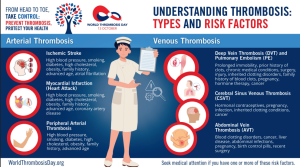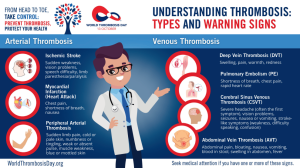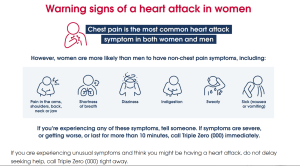International MPN conference videos available

The international MPN Advocates Network recently held its annual conference in Morocco.
It featured presentations by some of the world’s leading MPN specialist haematologists.
Australian haematologist, Dr Joshua Casan from Peter Mac in Melbourne, presented on interferon which may be of particular interest to Australian patients.
‘Interferon treatment in MPN. Inflammation in MPNs and management of side effects.’
Joshua Casan, Australia (Virtual) – Video, PDF
The video link to all the presentations is available HERE.





